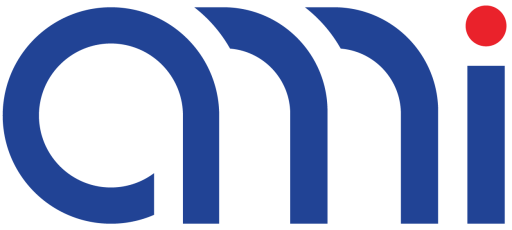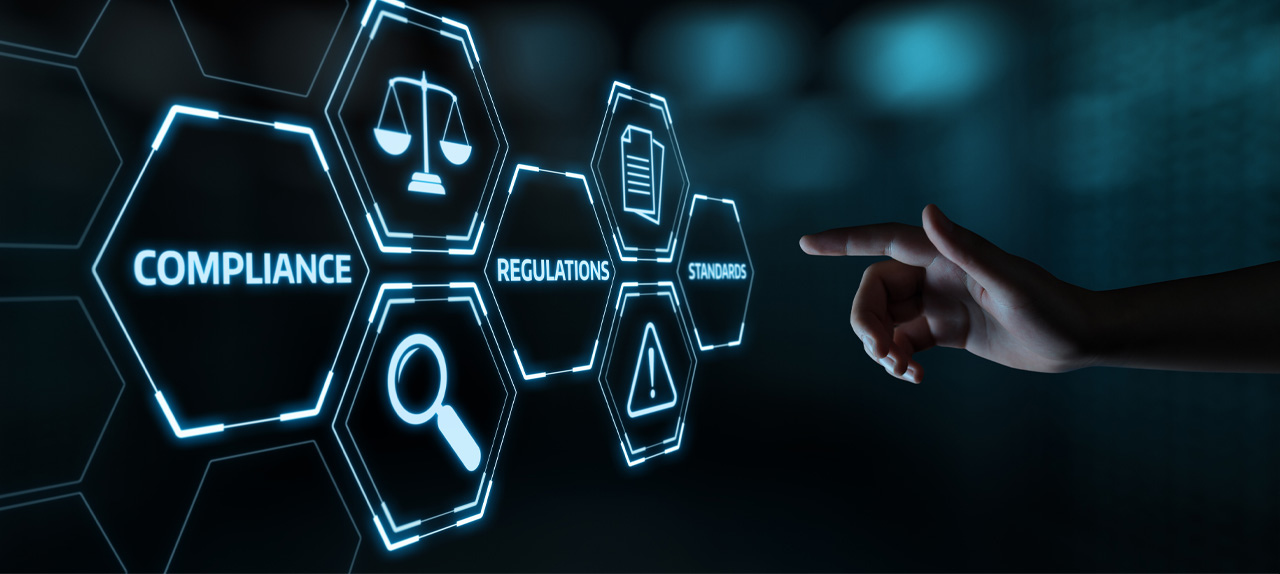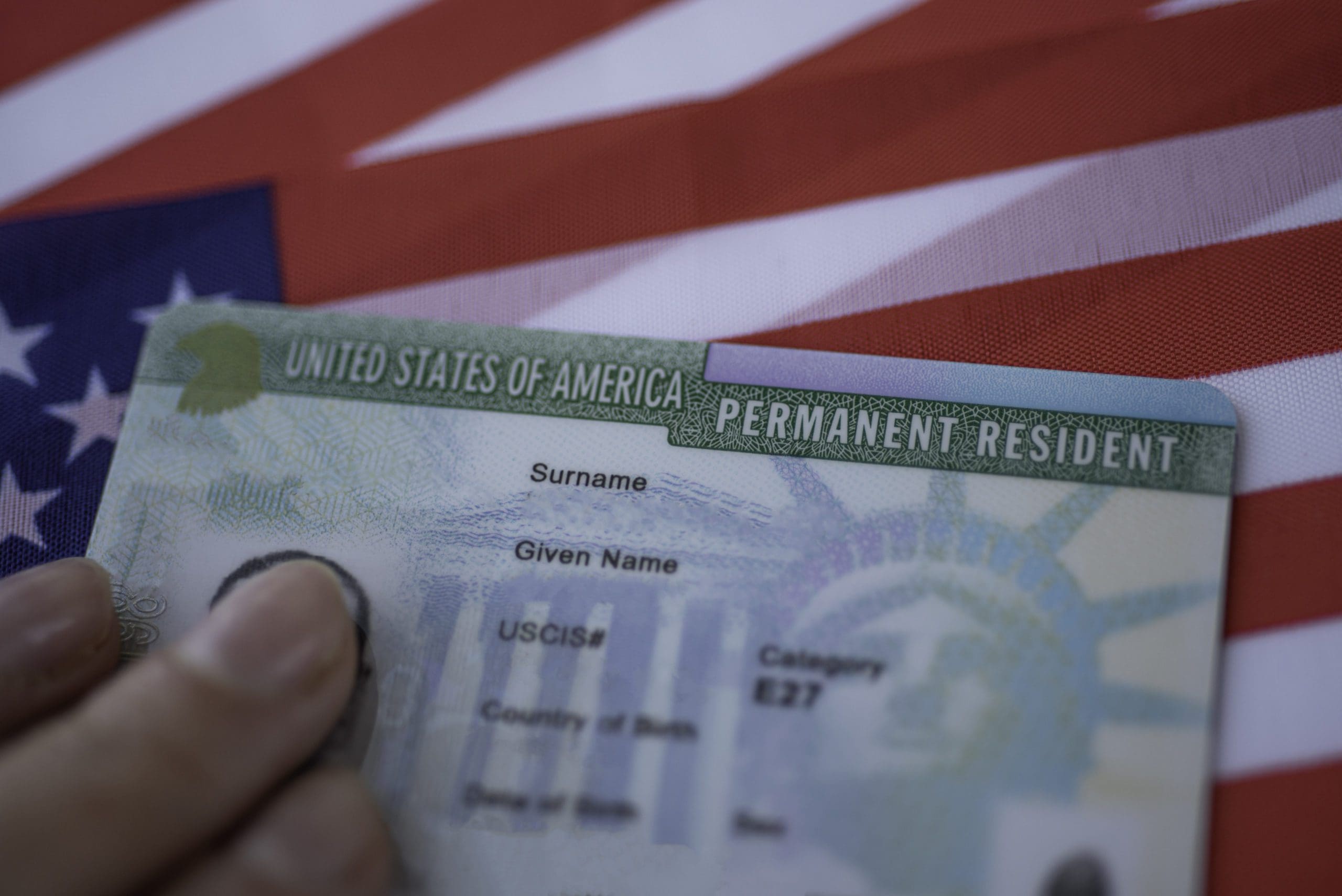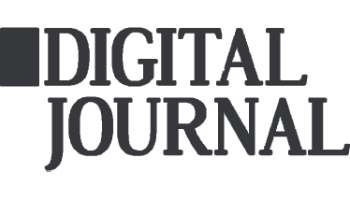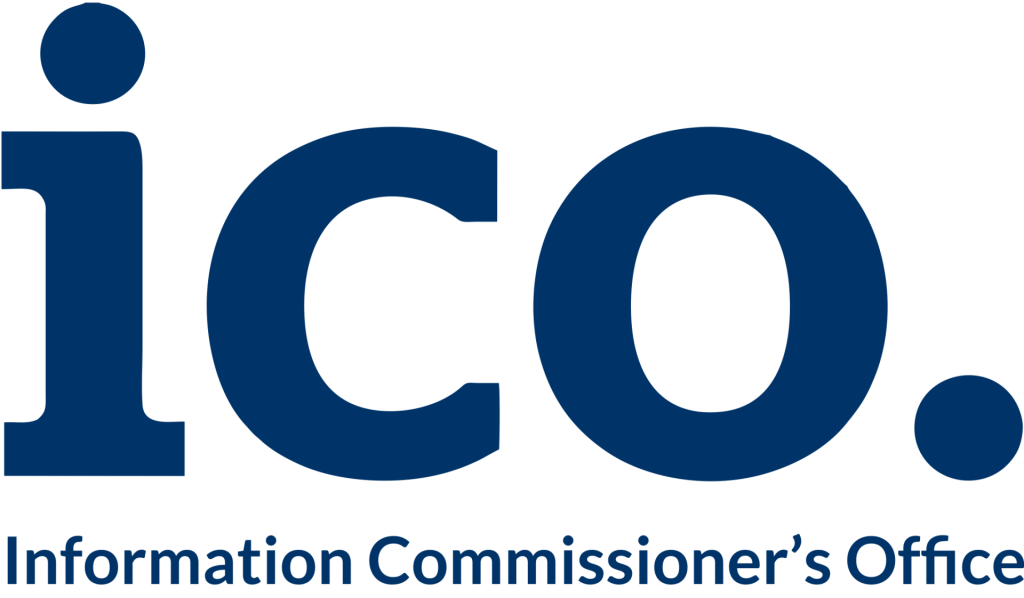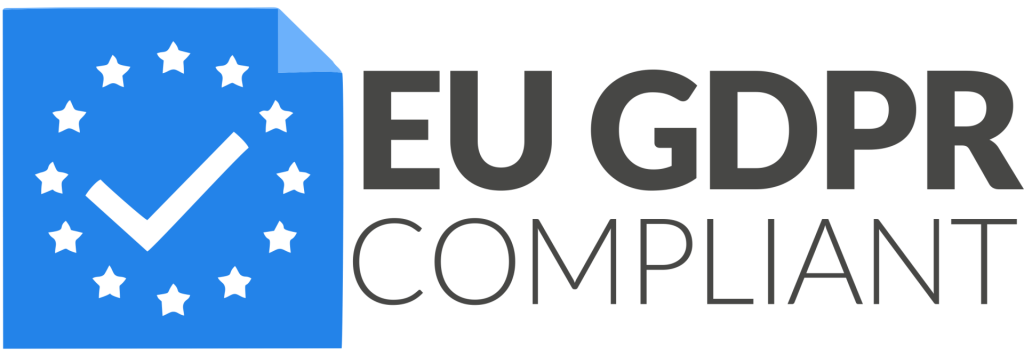Work experience has always been a critical component of hiring, but verifying it is becoming increasingly complex. With remote and gig economy roles rising, traditional reference checks no longer suffice. By 2026, organizations will need more sophisticated methods to verify employment history across borders.
False claims on CVs are more common than many realize. Candidates often exaggerate job titles, responsibilities, or even fabricate entire roles. Without proper verification, employers risk bringing in unqualified individuals who cannot deliver. Work experience verification helps prevent such costly mistakes.
Digital verification tools now allow companies to authenticate employment records quickly. APIs connected to HR systems can validate job roles, durations, and responsibilities. In addition, professional networking platforms are partnering with verification providers to offer real-time checks. These innovations reduce fraud and improve trust in remote hiring.
However, legal and ethical issues remain. Consent must be obtained from candidates before accessing employment data. Transparency is key to maintaining fairness. By adopting both ethical and technological solutions, companies can ensure accurate and respectful work experience verification.
The Future of Work Experience Verification in a Remote World

